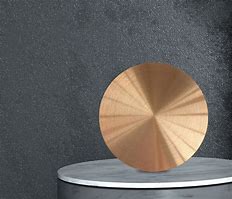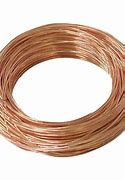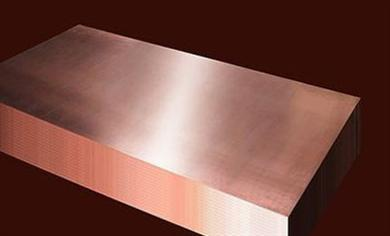**Sip Safely: The Truth About Copper Pipes and Your Drinking Water**
(How Safe Are Copper Pipes For Drinking Water)
Picture this: You’re thirsty, you turn on the tap, and out flows crisp, clear water. But have you ever wondered what’s happening behind the scenes? Those unassuming metal tubes snaking through your walls—copper pipes—are the unsung heroes of your hydration. But are they secretly plotting against your health, or are they the trusty sidekicks they seem to be? Let’s dive into the shimmering world of copper plumbing and uncover whether your water’s ride to the glass is as safe as it is smooth.
**Copper’s Legacy: From Pharaohs to Faucets**
Copper’s resume is impressive. Ancient Egyptians used it to sterilize wounds, Romans channeled water through it, and today, it’s hiding in your walls. This reddish metal isn’t just durable—it’s a natural antimicrobial warrior. Studies show copper surfaces can knock out bacteria like E. coli within hours. So, when water zips through copper pipes, it’s getting a mini detox session along the way. But before you crown copper as king, let’s talk about the fine print.
**The Safety Scoop: Pros, Cons, and Myths**
Copper pipes are like that reliable friend who occasionally forgets your birthday—mostly great, but with a few quirks. For starters, they don’t rust, corrode slowly, and can last decades. They’re also resistant to heat, making them a favorite for hot water lines. But here’s where the plot thickens: copper can leach into water, especially if pipes are new or your water is acidic.
The EPA caps copper levels in drinking water at 1.3 mg per liter, a threshold designed to prevent health risks like stomach cramps or, in extreme cases, liver damage. For most households, copper levels stay well below this limit. But if your water tastes metallic or leaves blue-green stains, it’s waving a red flag. Acidic water (pH below 7) or stagnant water sitting in pipes overnight can spike copper levels. The fix? Let the tap run for 30 seconds before filling your glass, or install a filter if you’re in a high-risk area.
**Copper vs. The Competition**
Plastic pipes (like PVC or PEX) have muscled into the plumbing scene, touting lower cost and easier installation. But they come with their own baggage. Some plastics can leach chemicals like BPA or vinyl chloride, especially under heat or UV exposure. Copper, meanwhile, stays inert under most conditions. Plus, it’s eco-friendly—recyclable and energy-efficient to produce. Still, copper isn’t perfect. It’s pricier than plastic, and hard water can accelerate wear and tear, leading to pinhole leaks over time.
**The Verdict: Should You Trust Your Tap?**
For the average home, copper pipes are a safe bet. They’ve stood the test of time, battle bacteria, and keep water clean—provided they’re installed correctly and your water chemistry plays nice. If you’re worried, test your water’s pH and copper levels (kits are cheap and easy to find). For homes with acidic water, neutralizing filters or epoxy pipe liners can slash copper leaching.
But here’s the kicker: No plumbing material is flawless. Copper’s safety hinges on context. Old homes with corroding pipes? Time for an upgrade. New build with neutral water? Copper’s your ally. And if you’re still side-eyeing your faucet, remember: moderation matters. The tiny amounts of copper in your water might even be beneficial. Your body needs trace copper for nerve function and iron absorption—just don’t go licking pipes for a dietary boost.
**Bottom Line**
(How Safe Are Copper Pipes For Drinking Water)
Copper pipes are like the vintage leather jacket of plumbing—classic, sturdy, and with a few wrinkles to watch. They’re not plotting against you, but they’re not invincible either. Stay informed, test your water, and when in doubt, let science (not paranoia) guide your sips. After all, hydration should be refreshing, not riddled with worry. So raise a glass—your copper pipes have likely earned their keep.
Inquiry us
if you want to want to know more, please feel free to contact us. (nanotrun@yahoo.com)



